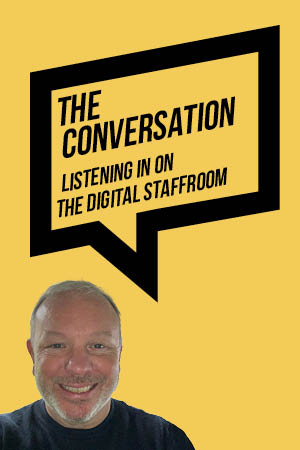Costs and benefits of free school meals
Snow is forecast, the temperature is finally dropping and December is firmly here. As many in schools of all faiths and none look forward to the upcoming break, there is awareness that for many this will not be a time of overeating. While Christmas is not a universal time of excess in any year, Angus Holford’s article in The Conversation this week reminds us of the potential impact of universal free school meals on the cost of living for our underserved communities.
The article summarises some measures announced in the recent autumn statement while acknowledging the disappointment no doubt felt by those hoping for an extended entitlement to free school lunches.
Currently, for children in year 3 and above, meals are free only if the family receive particular benefits. Holford’s point that for Universal Credit the threshold is £7400 and that the cost for a school meal is on average £18.50 per month per child reminds us starkly of the challenges faced by some of our families. Also referenced is the link between universal provision of free school meals and reduced obesity in children.
As more families rely on foodbanks and more schools are thinking about ways to support their families through the cold months, those who work in schools may witness the impact of poverty on the quality of food in packed lunches and numbers of hungry children.
Levelling up focus – is it too late?
Blogging for Unicef, Claire O’Meara here reflects on the recent release of data related to children’s development. Covid means that this data has not been shared since 2019 and the change in framework reduces potential for direct comparisons. However, there are some clear headlines.
Over one-third of children at the end of their first year of education don’t meet expected milestones. This has increased from 28.2 per cent in 2019 and, more worryingly, this year’s data show that almost 52 per cent of children in receipt of free school meals do not achieve these milestones.
The children represented by these numbers were around two years old when the pandemic impacted living, socialising, working, learning and many other things. The associated impact on those who were babies and toddlers remains evident. Poignantly, O’Meara asks how the levelling up strategy’s focus on improving end-of-key stage 2 outcomes can be realised when the interventions come arguably too late for children currently starting key stage 1.
Sleep – learning from history and other cultures
Sleep preoccupies me; as a parent of a teenager, a teacher and as someone experiencing perimenopause. Pam Jarvis’ recent writing on the topic is reassuring, clarifying that poor health is unlikely to result from broken sleep totalling six or more hours.
Reflecting on differing sleep patterns based on age and society, Jarvis comments on the adaptive nature of short periods of sleep in hunter-gatherer societies where vigilance against threat is a matter of survival. More saliently for most readers of Schools Week, perhaps, periods of wakefulness impair work performance and exacerbate grumpiness.
Various impacts of poor sleep are explained, the most interesting of which for me is the link between poor REM sleep and reduced ability to regulate our emotions. As adults in school, we need to be regulated to support regulation in those with immature nervous systems; the impact of poor sleep goes beyond us as individuals. I am left wondering if the Christmas break is a good time to try out bi-phasic sleep, or whether retirement would be a better bet.
Work and life – a balance or a battle?
Finally, Lindsay Patience blogs for WomenEd on recent developments in flexible working in schools, with a particular focus on the impact for school leaders. Patience identifies key drivers to increased flexibility, considering the impact of awareness of the need for equity and inclusion and more value given to diversity, as well as the DfE’s commitment to flexible working.
The blog makes the value of flexible working clear, not least in its emphasis that showing those we teach that women and men with responsibilities outside of work can lead.








Your thoughts